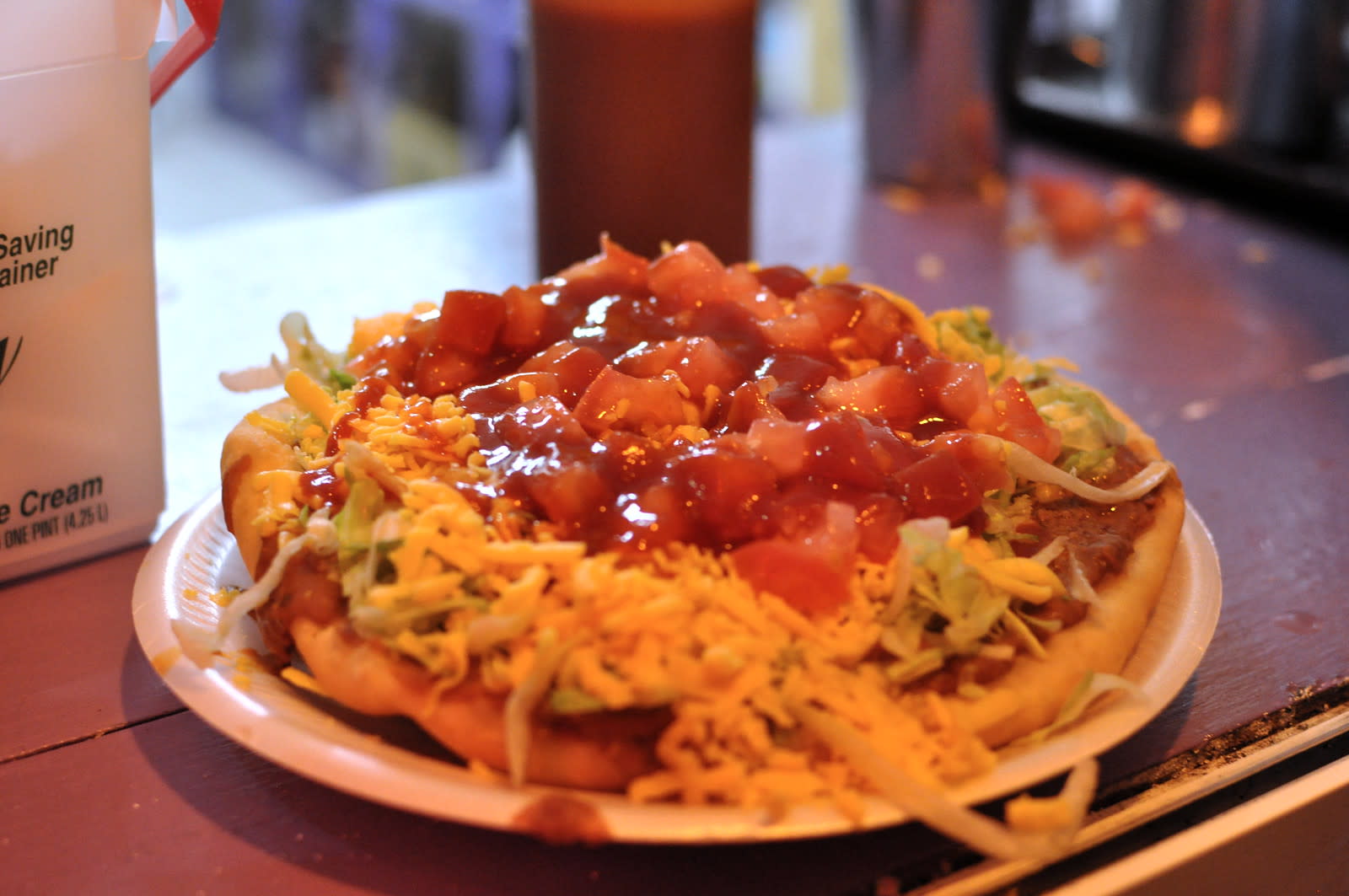Exploring the diverse and rich culture of Canada is an experience every foodie should indulge in, particularly through the lens of Indigenous cuisine. Across Canadian reserves, various food stops offer a unique insight into traditional recipes and innovative culinary creations. In this culinary guide, we will journey through some of the best Indigenous food spots on Canadian reserves, providing enthusiasts with an unparalleled map of flavors.
Indigenous cuisine is deeply rooted in traditions passed down through generations, bringing rich natural resources and time-honored methods together to create delightful dishes that tell stories of heritage, land, and people. As culinary tourism on reserves grows, these food stops deliver more than just meals—they offer a peek into the soul of Indigenous culture in Canada.
The Essence of Indigenous Cuisine
Before diving into specific locations, it’s crucial to understand what makes Indigenous cuisine distinct. At its heart, Indigenous food is about sustainability, relationships with the land, and cultural reflection. Ingredients like bison, wild rice, fish, and foraged berries are staples, with culinary practices focused on sustainability and seasonality. These elements create a menu that not only satisfies the taste buds but also offers a historical narrative.
A Culinary Map of Tradition and Innovation
Indigenous food stops range from food trucks and small cafes to sophisticated restaurants, each providing unique flavours and experiences. Let's explore some of the prominent culinary gems on Canadian reserves:
Must-Visit Indigenous Food Stops
1. Kekuli Cafe, Westbank Reserve, British Columbia
Located on the Westbank First Nation reserve in British Columbia, Kekuli Cafe is renowned for its bannock—a type of fried bread integral to many Indigenous cultures. The cafe offers a modern twist on traditional dishes, featuring bannock wrap sandwiches and bannock tacos. Its cozy setting is perfect for sampling Indigenous comfort food.
2. Feast Café Bistro, Winnipeg, Manitoba
Feast Café Bistro on the Peguis First Nation is a community favourite with a menu that reflects the traditional flavours of Indigenous cuisine. Dishes such as bison shepherd's pie and the bison burger are done with respect to prairie ingredients and preparation techniques. Owner Christa Bruneau-Guenther focuses on fusing contemporary cuisine with traditional elements, providing an authentic yet innovative experience.
3. Pow Wow Cafe, Toronto, Ontario (near Curve Lake First Nation)
Pow Wow Cafe, located in Toronto near Curve Lake First Nation, serves up some of the best Indigenous fare in the city. This eatery offers hearty Indian Tacos, crafted with frybread and topped with various delicious ingredients, connecting traditional foods with urban palates. Its unique menu is a gateway into the flavors cherished by many Indigenous groups.
4. North End Chikiman, Couchiching First Nation, Ontario
North End Chikiman is a hidden gem on the Couchiching First Nation. Known for its delicious smoked meat and hearty wild rice dishes, it provides a delicious experience of authentic Indigenous cuisine. The warmth of its setting complements the rich flavours of its food, making it a popular stop for locals and visitors alike.
5. Mi’kmaq Fish & Chips, Eskasoni First Nation, Nova Scotia
Specializing in fresh, locally sourced seafood, Mi’kmaq Fish & Chips on Eskasoni First Nation offers a taste of the coast with a unique Indigenous twist. The restaurant's commitment to fresh ingredients is evident in dishes like their signature fish and chips, which uses traditional Mi’kmaq techniques to elevate the classic dish.
The Importance of Culinary Tourism on Reserves
Culinary tourism on reserves is not just about savoring meals; it's an immersive educational experience. Through food, visitors learn about the history, traditions, and modern challenges of Indigenous communities. Food stops become cultural ambassadors, sharing unique stories and traditions with outsiders.
How Food Stops Support Community Development
Indigenous-owned food establishments play a critical role in local economies. They create job opportunities, preserve culinary traditions, and promote sustainable practices. Moreover, they offer young Indigenous chefs avenues for showcasing innovation while deeply respecting their culinary heritage. By supporting these businesses, visitors contribute to a cycle of growth and preservation.
Partnerships and Future Opportunities
The growth of Indigenous culinary tourism is bolstered by collaborations between traditional artisans, local hunters, and anglers, ensuring that unique ingredients and practices continue to flourish. Joint ventures with cultural tourism boards help promote these destinations, allowing them to reach a global audience eager for authentic experiences.
Savouring Indigenous Culture and History
Every plate served on these reserves tells a story of Indigenous resilience, creativity, and connection with nature. By mapping these food stops, foodies are granted a curated experience into Indigenous gastronomy—a journey both flavourful and meaningful.
As visitors venture into these Indigenous lands, they are not just consuming meals but participating in a larger narrative, becoming part of a collective story one bite at a time. Thus, exploring Canada’s Indigenous food spots allows for profound connections with a land rich in culinary traditions and innovation.
References:
